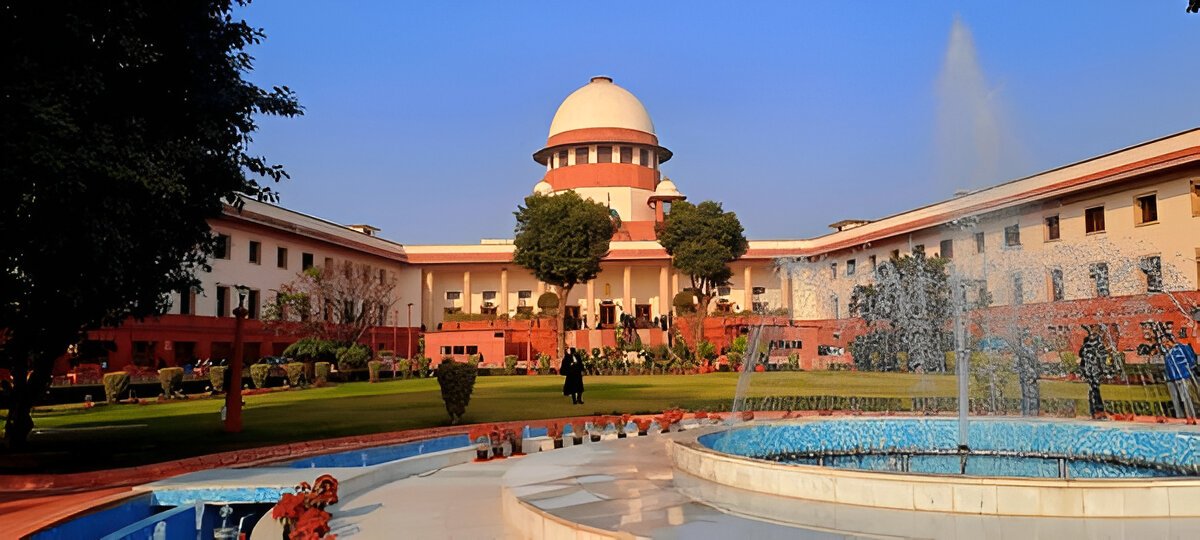A Bench of Justice Vikram Nath, Justice Sanjay Karol and Justice Sandeep Mehta
Introduction
The Supreme Court has reserved its judgment in a writ petition filed by death row convict Vasanta Sampat Dupare, seeking application of the 2022 Manoj judgment which laid down sentencing guidelines in death penalty cases.
The petitioner urges the Court to consider mitigating factors under Article 32, even though the original sentence had attained finality.
Facts
Vasanta was convicted and sentenced to death for the rape and murder of a 4-year-old child, with his death sentence confirmed by the Supreme Court on 26 November 2014.
His review petition was dismissed in 2017, and both mercy petitions to the Governor and President were rejected in 2022 and 2023, respectively.
He has now filed a writ petition under Article 32 to seek the benefit of the Manoj v. State of MP judgment, which was not available during his trial and sentencing.
Issues
- Whether the 2022 Manoj judgment, which mandated detailed consideration of mitigating circumstances before sentencing, can be applied retroactively to a concluded death penalty case.
- Whether a writ petition under Article 32 is maintainable after the final confirmation of a death sentence and rejection of mercy petitions.
- Whether the right to life under Article 21 permits reconsideration of sentence solely on the ground of subsequent judicial evolution in sentencing standards.
Contentions of the Petitioner
He is not challenging the conviction or sentence per se, but only seeking the application of sentencing principles laid down in the subsequent Manoj judgment. Relied on A.R. Antulay v. R.S. Nayak (1988) to argue that the Supreme Court can correct deprivation of fundamental rights under Articles 14 and 21, even in concluded matters. Stated that the execution has not yet been carried out, so the benefit of a subsequent progressive judgment must be extended to him to ensure fairness Argued that the Article 32 writ is maintainable since it concerns a constitutional breach of fundamental rights, not a review of conviction or sentence.
Contentions of the Respondents
The writ petition is not maintainable, as the conviction and sentence have already attained finality, and the proper remedy lies in a curative petition. Allowing such a writ would undermine the finality of judgments and open the floodgates for similar petitions. Highlighted that no new error in law or procedure has been raised, but only a plea based on a subsequent judgment which should not apply retrospectively.
Court's Analysis
The bench of Justices Vikram Nath, Sanjay Karol, and Sandeep Mehta questioned whether a concluded Supreme Court judgment can be challenged via Article 32. The Court is considering the scope of its inherent powers to intervene in death penalty matters where new legal standards emerge post finality. It also reflected on whether the absence of mitigating inquiry, now mandatory under Manoj, could amount to a constitutional infirmity requiring judicial redress.
Conclusion
- Judgment Reserved by Supreme Court on May 1, 2025.
- Legal Provisions Involved:
- Article 32 – Right to constitutional remedies.
- Article 21 – Protection of life and personal liberty.
- Manoj v. State of MP (2022) – Guidelines on sentencing and mitigating factors.
- A.R. Antulay v. R.S. Nayak (1988) – Inherent powers of the Court to correct

